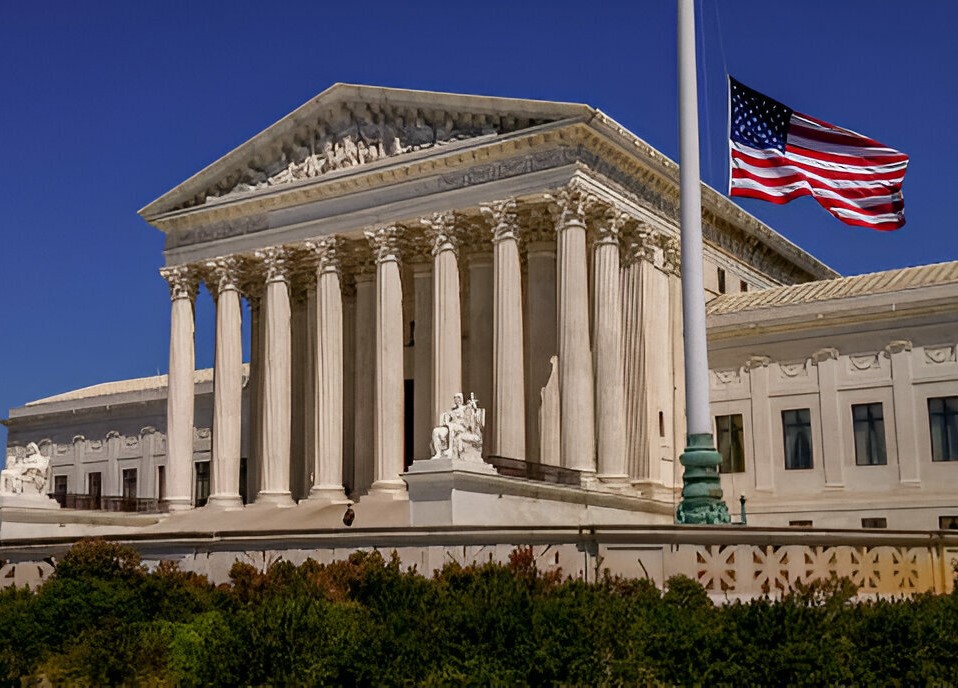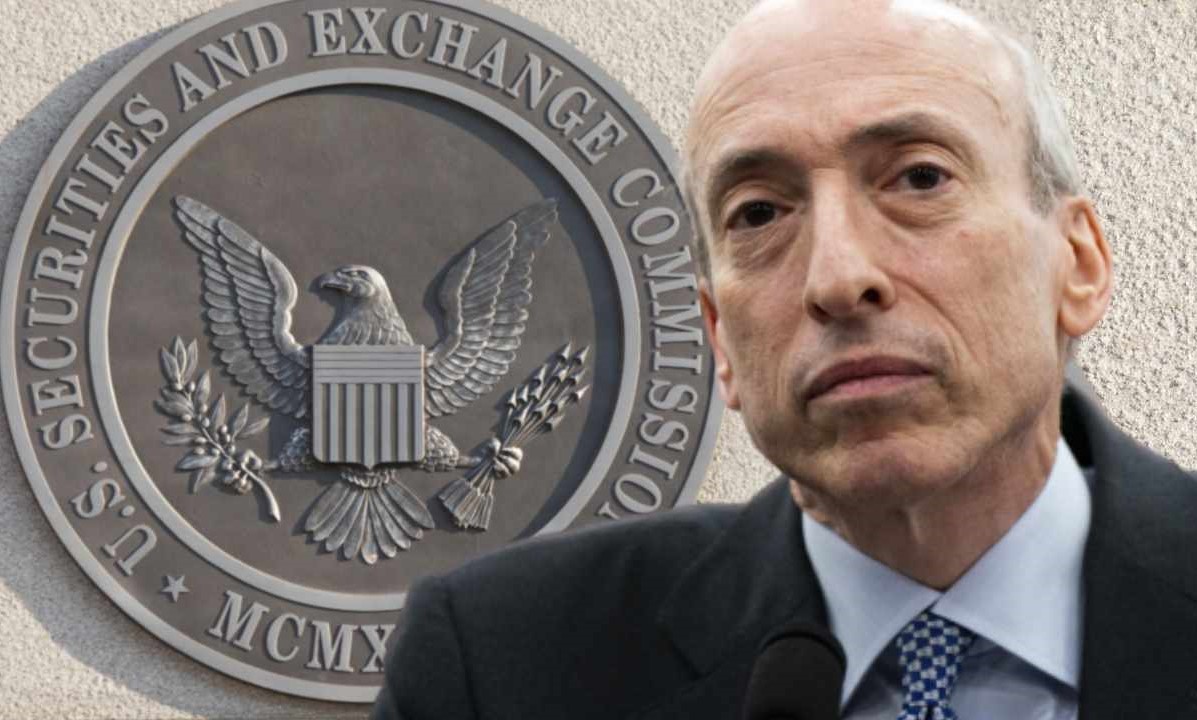The members of the SCOTUS supported two majority opinions that could have serious repercussions for the ability of SEC to enforce laws.
In the past seven days, the Supreme Court of the United States (SCOTUS) has issued two opinions that can significantly impact how the U.S. Securities and Exchange Commission (SEC) approaches enforcement actions against companies, including crypto firms.
The Court’s majority opinion in SEC v. Jarksey, a 6-3 decision published on June 27, determined that defendants in an SEC civil case involving securities fraud are entitled to a jury trial rather than a strict adjudication by an administrative law judge.
The conservative members of the Court stated that they took into account “common law fraud principles when interpreting federal securities law common law fraud,” which would appear to equate a criminal case involving fraud with an SEC civil case involving securities fraud.
Following the SEC v. Jarksey decision, the Supreme Court issued an opinion on June 28 in Loper Bright Enterprises v. Raimondo, which reversed a 1984 ruling establishing the Chevron deference, or doctrine.
The Court’s opinion would mandate that subordinate courts “exercise their independent judgment in determining whether an agency has acted within its statutory authority” and not rely on federal agencies’ interpretation of the law, even though the SEC is not explicitly mentioned.
Sheila Warren, CEO of the Crypto Council for Innovation, stated to Cointelegraph, “This has direct implications for the crypto industry.” “The role and resources of regulators, such as the SEC, are uncertain if courts can intervene.”Warren added:
“[M]ake no mistake, [the] Supreme Court decision imposes clear limits on the regulatory overreach that has hampered innovation in crypto in the United States.”
Justice Sonia Sotomayor characterized the majority opinion in the SEC v. Jarksey decision as a “power grab” over policymaking in the U.S. Congress in her dissent.
In the Loper decision, Justice Elena Kagan wrote a dissent, asserting that the majority had a history of reversing “settled law” and “overhaul[ing] a cornerstone of administrative law.”
The potential effects of these decisions on the SEC’s ability to file enforcement actions against crypto firms could result in an overburdened court system.
As per Joseph Lynyak, a partner at the international law firm Dorsey & Whitney, courts that comply with the Supreme Court’s decision to eliminate the Chevron doctrine “may be inundated with private parties who may now litigate and relitigate an agency interpretation, including creating conflicting decisions by lower courts.”
Representative Maxine Waters stated on June 28 that the Supreme Court has not only succeeded in overturning half a century of significant legal precedent, known as the Chevron doctrine but has also facilitated the escape of civil penalties and the benefit of large, wealthy corporations at the expense of ordinary individuals.
The Supreme Court, dominated by conservatives, issued several opinions toward the conclusion of its term that could have long-term repercussions for the SEC and the U.S. Presidency.
The justices ruled in July, with a 6-3 majority, that former president Donald Trump had “at least presumptive immunity from prosecution for all his official acts” while in office.
Trump, who is currently seeking reelection in 2024 and has already been the first candidate to receive a criminal conviction, is alleged to have exploited his position to manipulate the outcomes of the 2020 presidential election.
The SEC filed an enforcement action against Consensys, the parent company of MetaMask, amidamid both SCOTUS decisions. The regulator claimed that Consensys was an unregistered merchant engaged in the unregistered offer and sale of securities through MetaMask Swaps.



